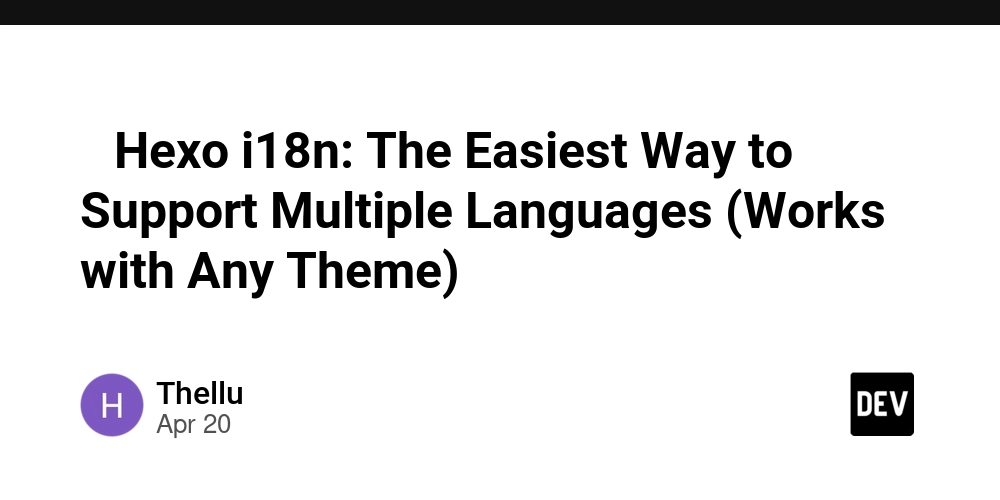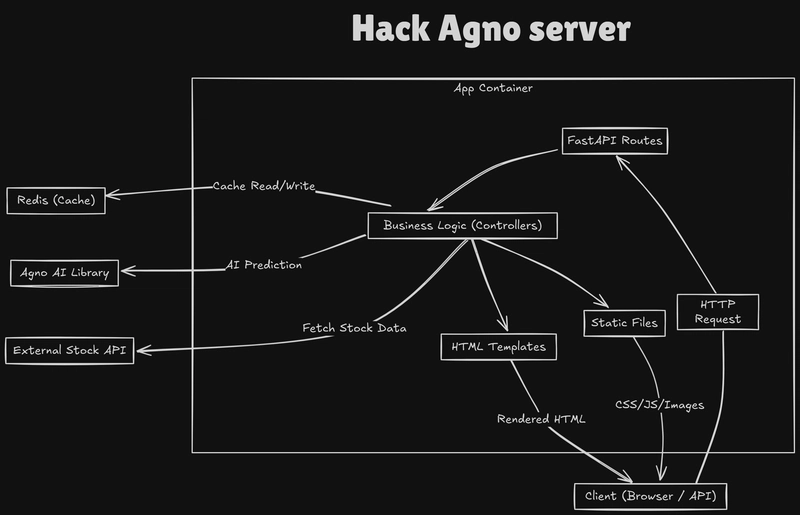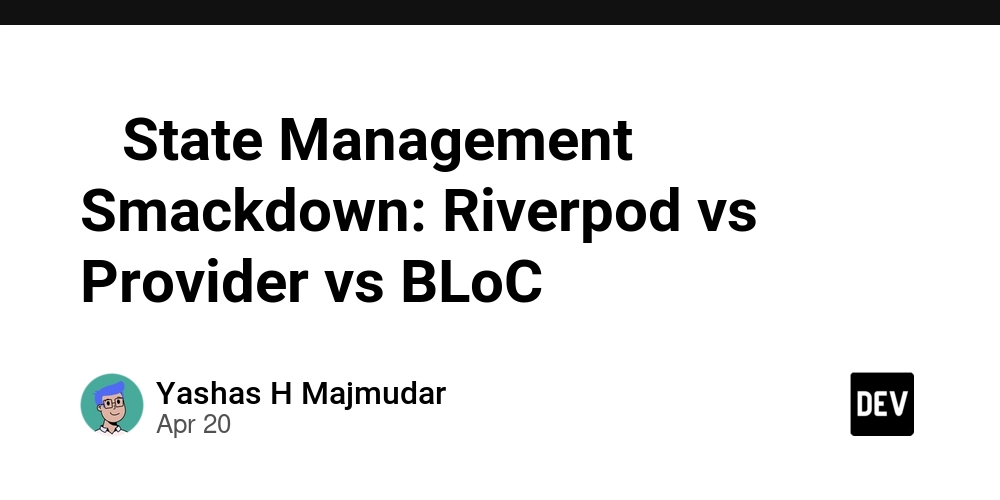These charts show why Netflix is unbothered in the face of economic angst
"Netflix is a tremendous value in absolute terms and certainly in competitive terms," co-CEO Ted Sarandos said.
Charley Gallay/Getty Images for Netflix
- Netflix says it hasn't been affected by economic headwinds and isn't changing its forecasts.
- A UBS report found the streamer is cheaper than its peers in terms of cost per hour viewed.
- That gives Netflix an edge amid market turbulence.
As economic anxieties mount, Netflix is looking like quite the bargain in a crowded streaming market.
During its earnings call Thursday, the streamer said it hadn't seen any major changes amid emerging economic headwinds — and it isn't adjusting its forecasts.
Co-CEO Greg Peters said subscriber retention was stable, consumers weren't shifting significantly to lower-priced plans, and the price increases unveiled in January had rolled out as expected. He added the company's cheaper, ad-supported plan — starting at $7.99 — would only add to its resilience.
"Historically, in tougher economies, home entertainment value is really important to consumer households, and Netflix is a tremendous value in absolute terms — and certainly in competitive terms," co-CEO Ted Sarandos added.
A recent report by UBS analysts lends credence to Sarandos' comments about Netflix's value.
In fact, the analysts found that, in terms of cost per hour of viewership, Netflix is cheaper than its peers. UBS
Ad-free subscribers pay 39 cents an hour to stream Netflix, according to UBS. And ad-supported subscribers pay a mere 18 cents an hour, making the service cheaper than traditional TV. UBS
UBS wrote that the low ratio is being driven by how much people watch Netflix. One sign of strong engagement? Viewing hours on Netflix's Top 10 lists was up 5% year-over-year in the first quarter, driven by titles like "Squid Game" and "The Night Agent," per the report.
Netflix declined to comment.
The streaming giant crushed its earnings Thursday — the first time it did so without disclosing subscriber figures — reaffirming why it has been trading like a "recession-resistant" stock. Shares are up nearly 10% year-to-date.
Beyond Netflix, streaming has generally been considered a recession-resistant sector. One financial influencer interviewed recently by Business Insider advised consumers to make use of their streaming services in lieu of going out as a budgeting hack. Other areas of entertainment may fare less well, though live music is well-positioned.









































































